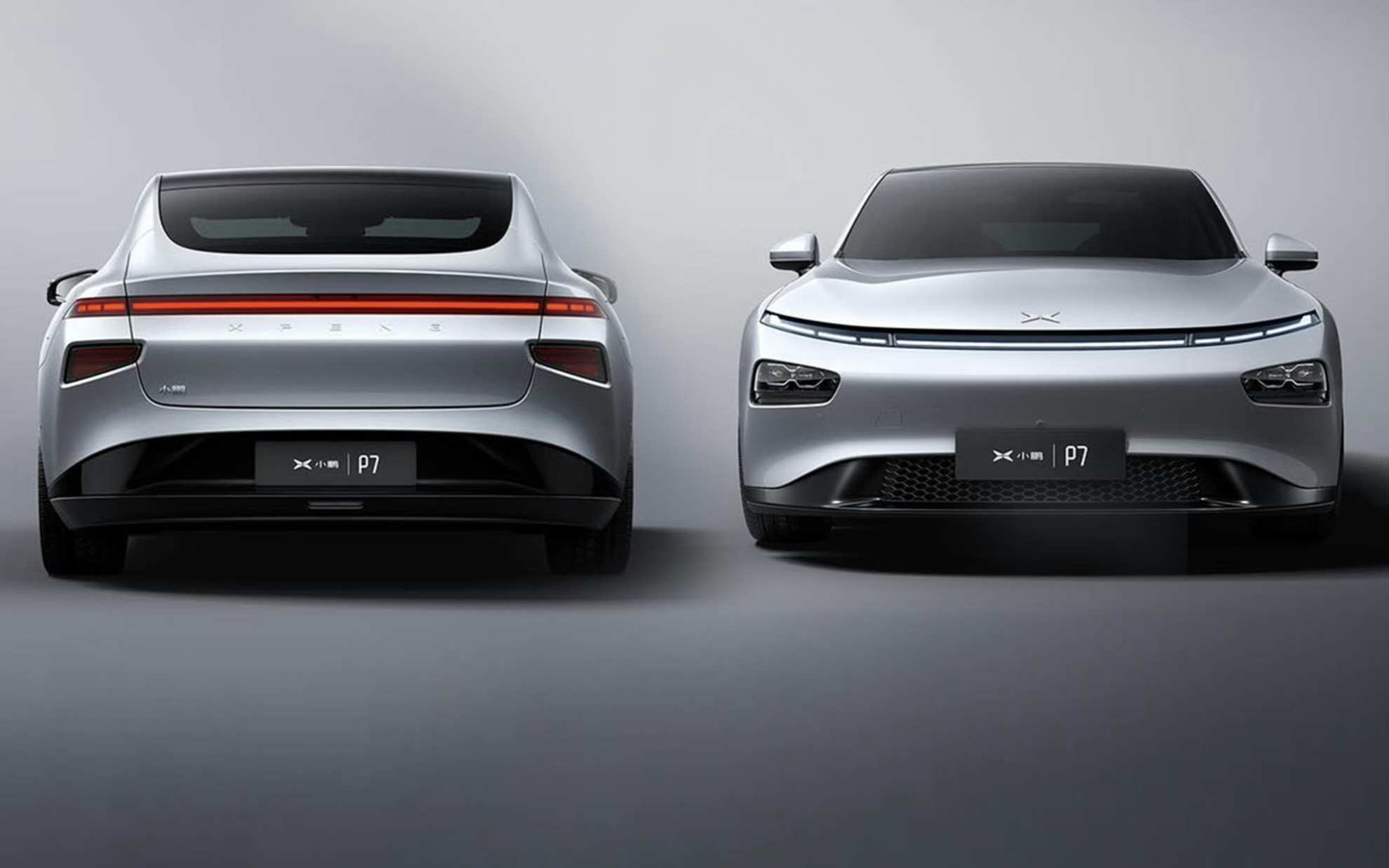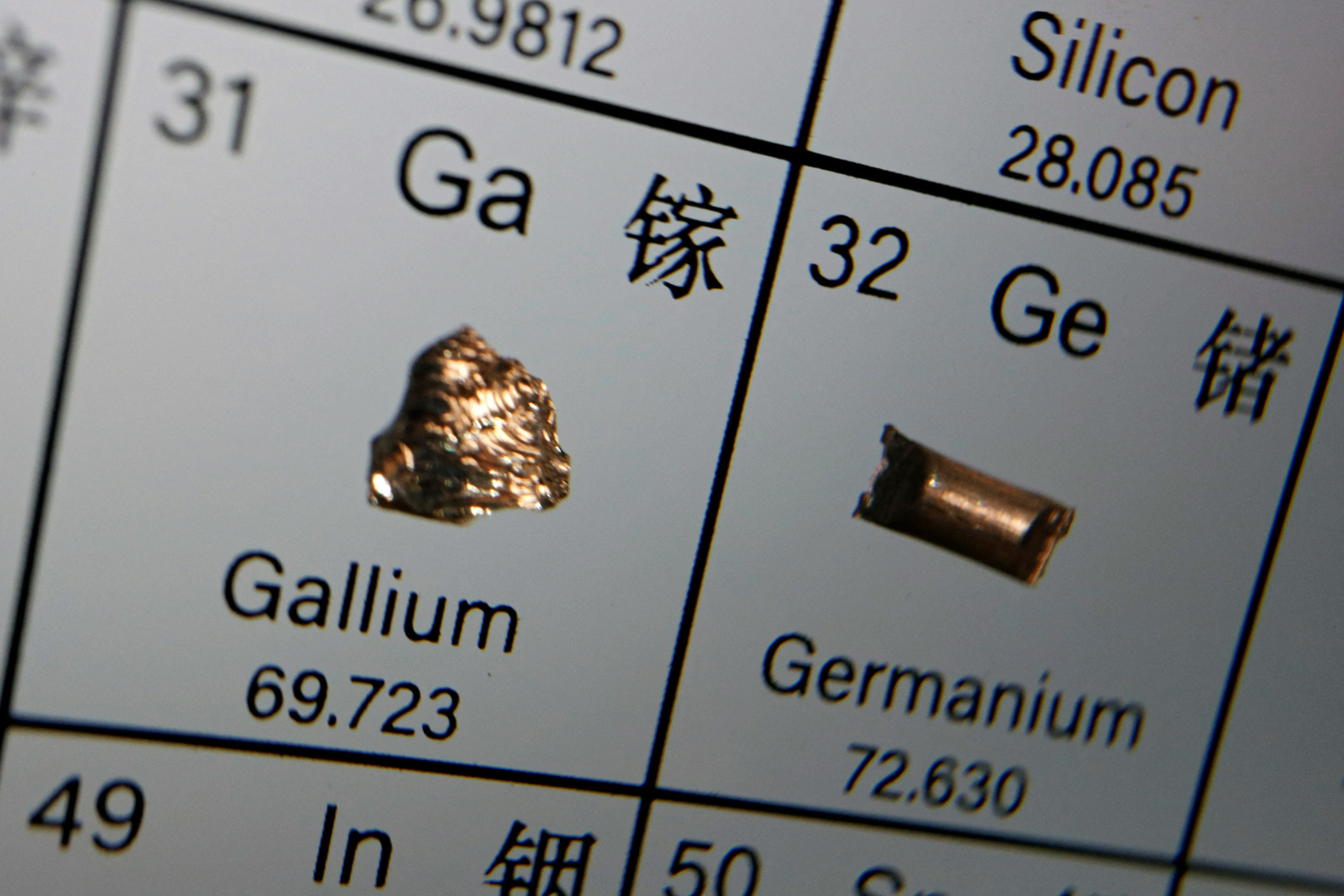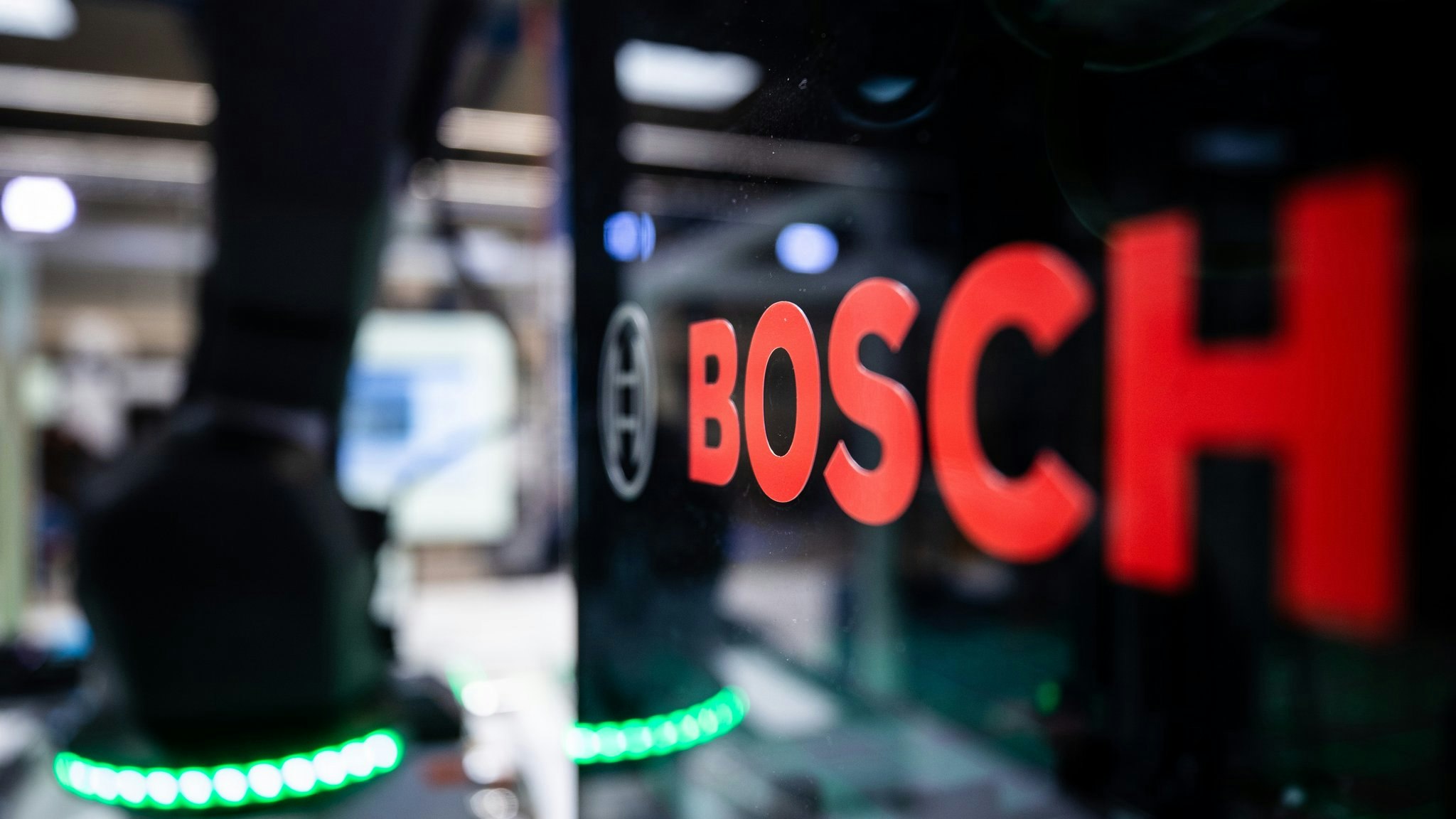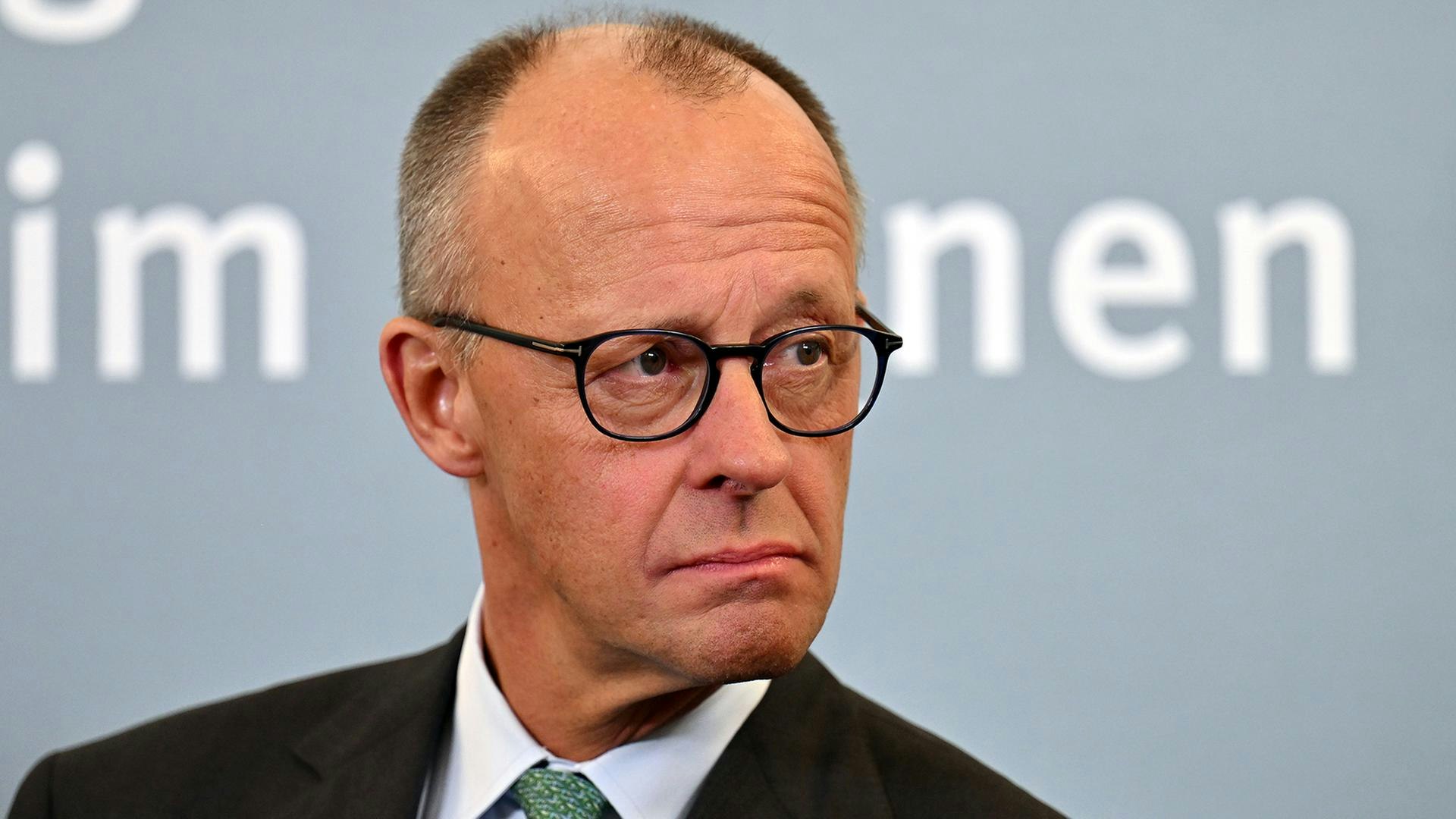The Chinese electric vehicle manufacturer Xpeng has unveiled its latest model, the Mona M03 – an affordable electric vehicle based on technologies acquired from ride-hailing provider Didi. This vehicle marks an important step in Xpeng's strategy to expand its market presence in the highly competitive Chinese automotive sector.
The Mona M03, based on an unfinished automobile project that Xpeng acquired from Didi last year for 5.84 billion Hong Kong dollars (approximately 744 million US dollars), features a modern, Tesla-like dashboard with no buttons and an AI-based autonomous driving system. The base model starts at just 119,800 RMB (around 21,700 US dollars), while the "Max" version, which includes advanced autonomous driving capabilities, is available starting from 155,000 RMB.
Xpeng's Co-founder and CEO, He Xiaopeng, emphasized at the presentation in Beijing that the M03 is "the only vehicle with advanced autonomous driving" available at a price below 200,000 RMB. With this new model, Xpeng aims to position itself against U.S. manufacturers like Tesla, as well as the domestic market leader BYD.
The takeover of the project from Didi occurred at a time when the ride-hailing provider had to scale back its ambitions following regulatory actions by Beijing against the technology sector. Didi, which was targeted by the Chinese government after a contentious IPO in New York in 2021, was forced to abandon numerous projects, including the M03 project.
The development of the Mona M03 represents a significant step for Xpeng, which has so far been considered a premium brand in the EV segment. However, with the new model, Xpeng is entering the affordable market segment dominated by BYD. This expansion could increase sales figures, but it is also likely to put pressure on the company's profit margins, especially given the ongoing price war in the world's largest automotive market.
Despite the challenges, the company remained optimistic.
With this strategic expansion of its product portfolio, Xpeng aims to consolidate its position in the competitive Chinese market and stand up to established competitors.







